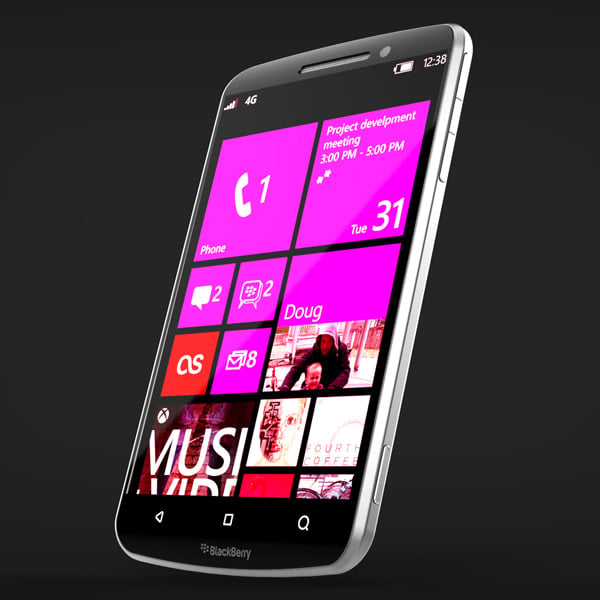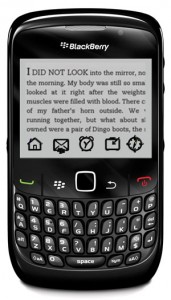I’ve been using Windows 8 for sometime now and I thought I’d put up a post touching on my initial love hate relationship with the new OS and why I can now see this OS for what it is and where I think it could fit into law firms.
I found in the end that the easiest way to understand Windows 8 is to understand the whole “Desktop” vs “App” thing, once you understand this it makes the perfect sense when to stay Windows 7, when to go Windows 8 and also the whole RT version vs the non RT versions on tablets becomes clear!
Lets start with the “desktop” world, easiest way to think of this is that every piece of software you currently have that runs in Windows 7 is the desktop world, it was all designed for the desktop. So Microsoft Word, Adobe Photoshop etc are all desktop software. Now Microsoft support this world in Windows 8, however the desktop is tucked away below the new tile start screen. You can pin a shortcut tile to this screen for Word, but launch it and it opens in that desktop space. So your desktop as you know it from the windows 7 world is effectively a layer below.
This is where my initial hate came from as I immediately tried to use “desktop” software. This does diminish over time as you get used to it, but read on. If you switch to the “App” world though the OS really does become a much more usable and enjoyable experience.
So Microsoft have created a new development platform in Windows 8, this is where the “Apps” come in. Adobe may create the next version of Photoshop as an “App”, you launch it the same way from a tile but this time it doesn’t switch into the desktop environment to run. It just runs the “App” basically like your iPad or iPhone does.
The “desktop” world still requires you to install the software in the same way, the “App” world though transitions the software into an AppStore. For now most of the Legal IT world has a bunch of desktop software and until such time that vendors start to build “App” versions of this software there is an argument to say stick with Windows 7. But this is the shift, it is effectively two separate environments and obviously your old software runs in the old “desktop” world. Over time though this will shift as more and more “Apps” become available.
So what about tablet versions. Well they’re easy to understand once you’ve understood the split. The RT release (which the surface runs) will just run the “Apps”, it won’t run the “Desktop” software. To run those you will need a tablet running the non RT version (this is what all laptops and desktop PCs will use). The version of office on the surface is an “App” version not the “Desktop” version, so Microsoft are pushing their own software down the “App” route. Why the split? Well the RT kit has different hardware “underneath the bonnet” and needs much less power, hence longer battery life (think iPad rather than laptop battery life).
Over time more suppliers will build “App” versions I’m sure and the need to run this desktop area will diminish. Microsoft have just been sensible in helping to manage the transition to the App world. For developers the great thing is the Windows 8 and the Windows Phone 8 platforms for “Apps” is closely tied meaning it will be fairly straightforward to make your App ready for the phone version once you’ve developed it for the desktop/tablet version.
Finally a slight aside for those thinking that the desktop environment will stay king and windows 8 will fail. This install of Windows 8 was installed on an old laptop, this first thing my 6 year old did when sat in front of it was to touch the tiles on the screen to try and start an app! We may be tethered to the mouse, but intuitively it’s not the right interface for the next generation.






